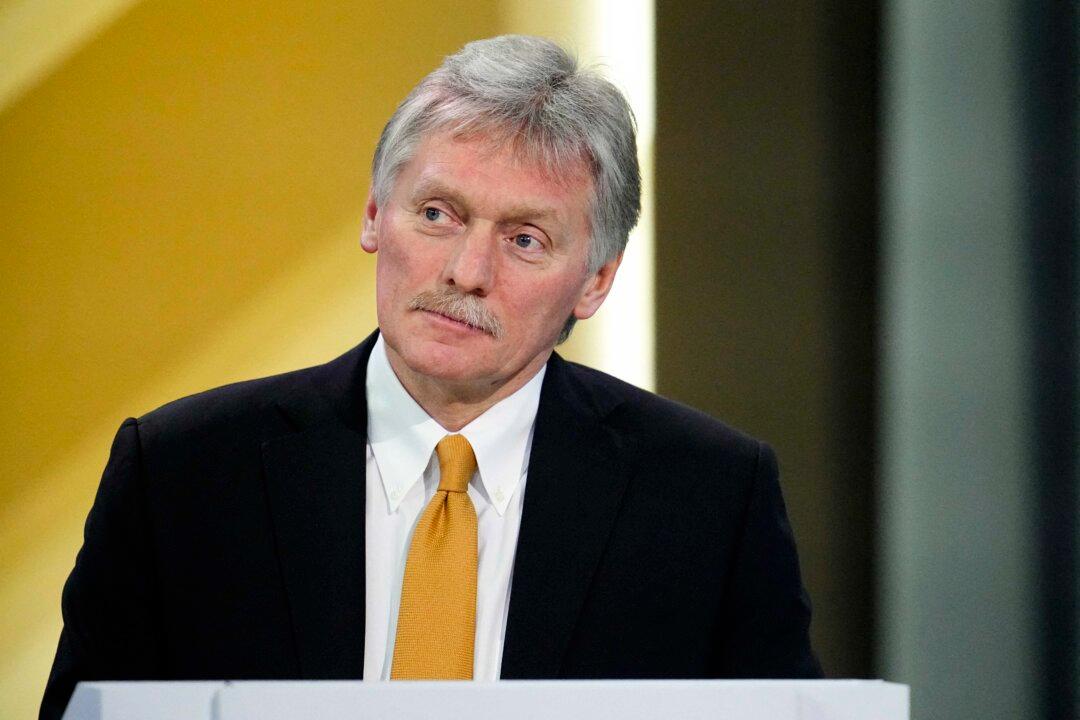The Kremlin has denied that Russian President Vladimir Putin and U.S. President-elect Donald Trump spoke in the days following Trump’s election win, disputing reports in Western media outlets.
The Washington Post first reported on Nov. 10, citing anonymous sources, that Trump and Putin had spoken in recent days. The report stated that Trump had urged Putin not to escalate the ongoing Russian invasion of Ukraine and that the two discussed ways to end the ongoing war soon.





